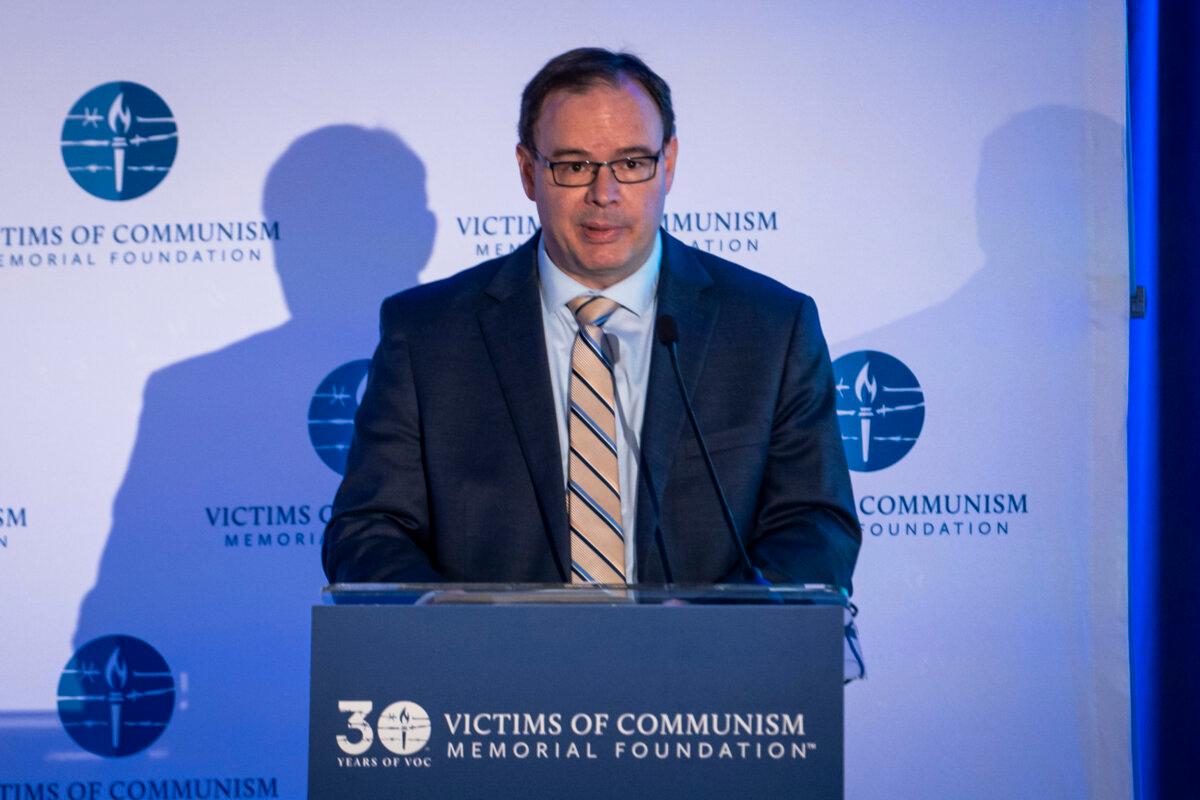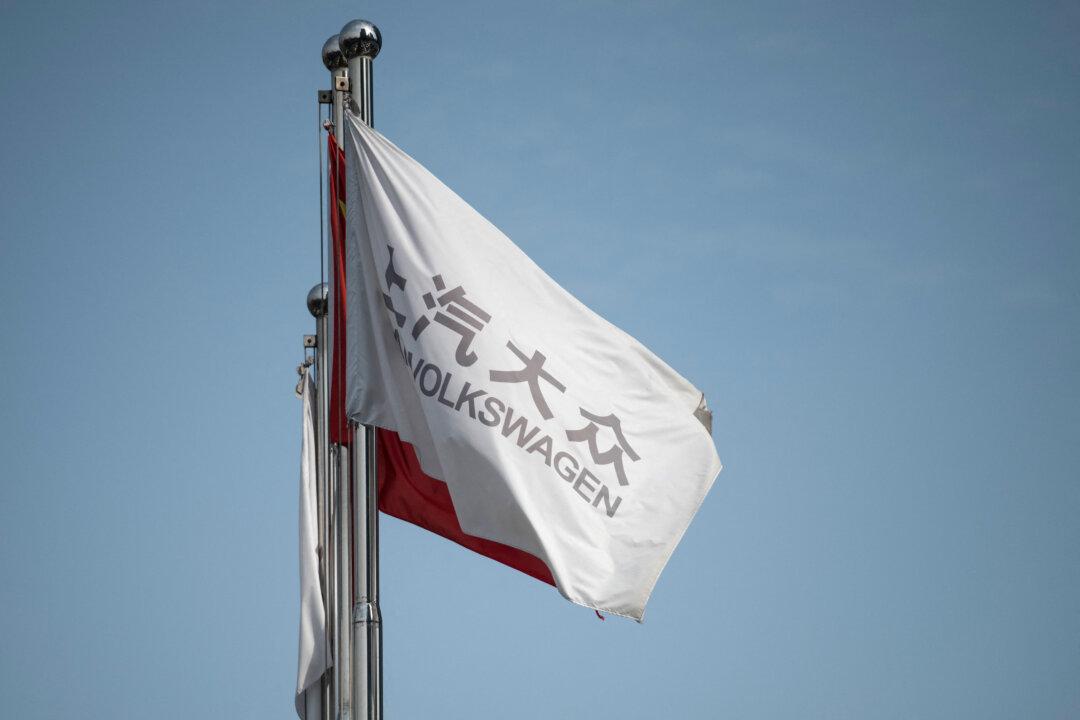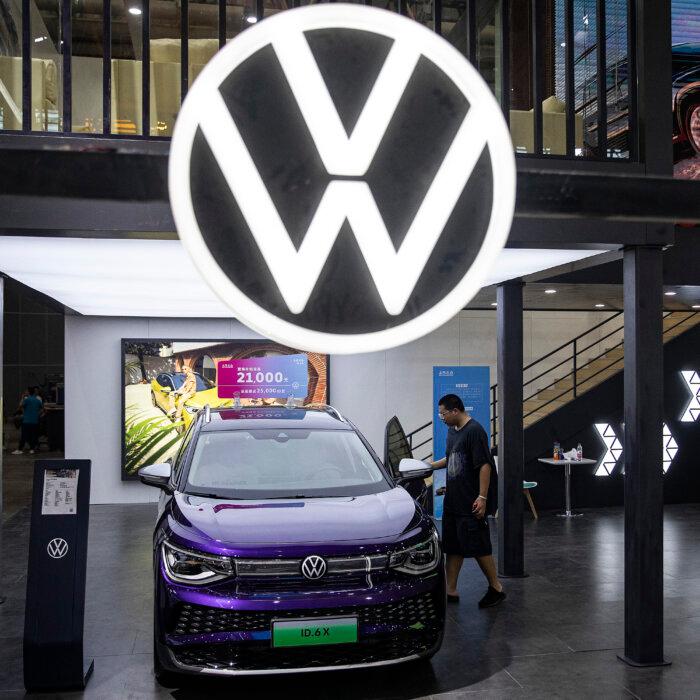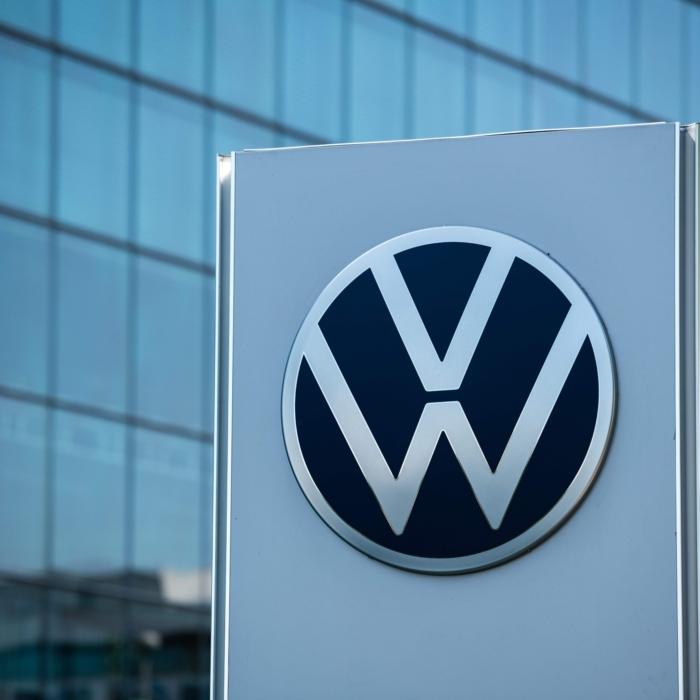International lawmakers urged Volkswagen to divest its joint-venture factory in Xinjiang after a company-commissioned social audit was leaked and discredited.
A report that analyzed the leaked audit said its method and implementation meant it was “not able to adequately assess forced labor risks.”
The lawmakers also urged index provider MSCI to reimpose a red-flag notice, which was replaced with an orange one following Volkswagen’s statement in December, “until allegations surrounding the integrity of the audit are comprehensively and independently investigated.”
The report, published on Sept. 19 by Washington-based defense policy think tank Jamestown Foundation, said that the audit was conducted by Chinese individuals with no demonstrable experience in the area and that it failed to meet international standards.
It also said staff interviewed in the process were “only asked highly decontextualized, closed-ended questions in survey form,” in a setting in which their anonymity could not be guaranteed.
The report was authored by Adrian Zenz, senior fellow and director of China studies at the Victims of Communism Memorial Foundation, one of the first researchers to expose the mass detention of Uyghur Muslims and other minorities in internment camps in Xinjiang.
Volkswagen entered a joint venture in China with state-owned car manufacturer SAIC in 1984, with SAIC being the controlling shareholder, and the plant in Xinjiang’s Urumqi has been in operation for about a decade.
The automaker commissioned an ESG audit of the plant in Xinjiang after investors raised human rights concerns at a shareholder meeting in May 2023 and demanded that the company seek cooperation from SAIC to conduct an independent audit.
The Report
In Volkswagen’s December 2023 statement, the company said the audit was executed by an unidentified Chinese law firm in Shenzhen “with extensive experience in social audits and international and Chinese labor law” and “accompanied on site by Loening,” a German due diligence firm founded by Markus Löning, a former human rights commissioner of Germany.The firm later clarified that only Christian Ewert from the firm was overseeing the audit on location, and no one else was involved.
Volkswagen also said Loening had decided to apply the internationally renowned Audit Standard SA8000, which was developed by Social Accountability International (SAI).
Upon analyzing the audit, Zenz said public records show that neither Ewert nor Liangma Law, the Chinese law firm that conducted the audit, had verifiable experience in conducting SA8000 audits.
Neither firm was among SAI’s list of accredited bodies to conduct SA8000 audits, and Judy Gearhart, a former SAI programs director who helped develop the standard and who peer-reviewed the audit, told Zenz the standard itself was also “not designed to assess state-imposed forced labor.”
At the time of the audit, the factory had 197 employees, including 150 Han Chinese, the majority ethnic group in China, and 47 minorities, including Uyghurs, according to Volkswagen.

According to Zenz, the process described in the audit shows that the employees were collectively informed of the audit, and the interviews were live-streamed back to the firm’s head office in Shenzhen.
The common knowledge that “the state has full control over digitally transmitted data” and the fear of the presence of Han Chinese would both have prevented ethnic minorities from “providing responses that could draw the attention of the state and potentially lead to their detention for re-education,” the report stated.
The report highlighted the finding that the factory promoted activities among ethnic groups to ensure they were “in harmony” with each other, which raises concerns about forced assimilation.
Corporate Complicity
In an interview with The Epoch Times, Zenz said Volkswagen should “withdraw from Xinjiang, close its factory,” and “apologize for misleading investors about the audit.”He also said the case highlighted a “concerning wider pattern of corporate complicity.”
“Volkswagen misled and even lied to investors in the public about the nature of the audit, the actual application of the supposed audit standard, the experience of the auditors and the findings of the audit and the validity of these findings,” he told The Epoch Times. “Volkswagen basically is carrying the favor of the Chinese Communist Party by having opened this factory in Urumqi and keeping it, not closing it—even though that’s clearly what it should be doing.”
Sabrina Sohail of Campaign for Uyghurs, which first obtained the leaked audit, said Volkswagen is “directly complicit in Uyghur forced labor” by being one of the few Western companies present in the region.
“If this audit is deemed reputable, it’s showing that the global standard for conducting an audit in this region is nothing,” she told Jan Jekielek, host of EpochTV’s “American Thought Leaders.”
According to Zenz’s research, Xinjiang “currently operates the world’s largest system of state-imposed forced labor,” not just by using internment camps but also by so-called poverty alleviation through coercive labor transfer, in which Uyghurs and other minorities are sent to work in remote provinces.
The quality of the audit is a “problem” because it’s being used to persuade investors, Sohail said.
“If we let this pass by, it’s effectively undermining the entire [International Labor Organization] accountability system as well,” she said.
In a statement published on Sept. 19, Volkswagen said SA8000 was used as a “basis” for the audit, and the auditors have “many years of extensive experience in auditing SA8000 and compliance with Chinese and international labor law,” while supervisor Ewert has “20 years of experience with social audits in China.”
“[Auditors had] assured confidentiality, and no listening devices were found when the room was inspected,” the company said. “Löning pointed out that the interviewees presumably nevertheless had to assume that their statements would not remain confidential and that they, therefore, would have expressed themselves with appropriate caution. This was taken into account in the overall assessment.”
Volkswagen did not respond to The Epoch Times’ request for comment.
Löning declined to comment on clients or projects for confidentiality reasons.








